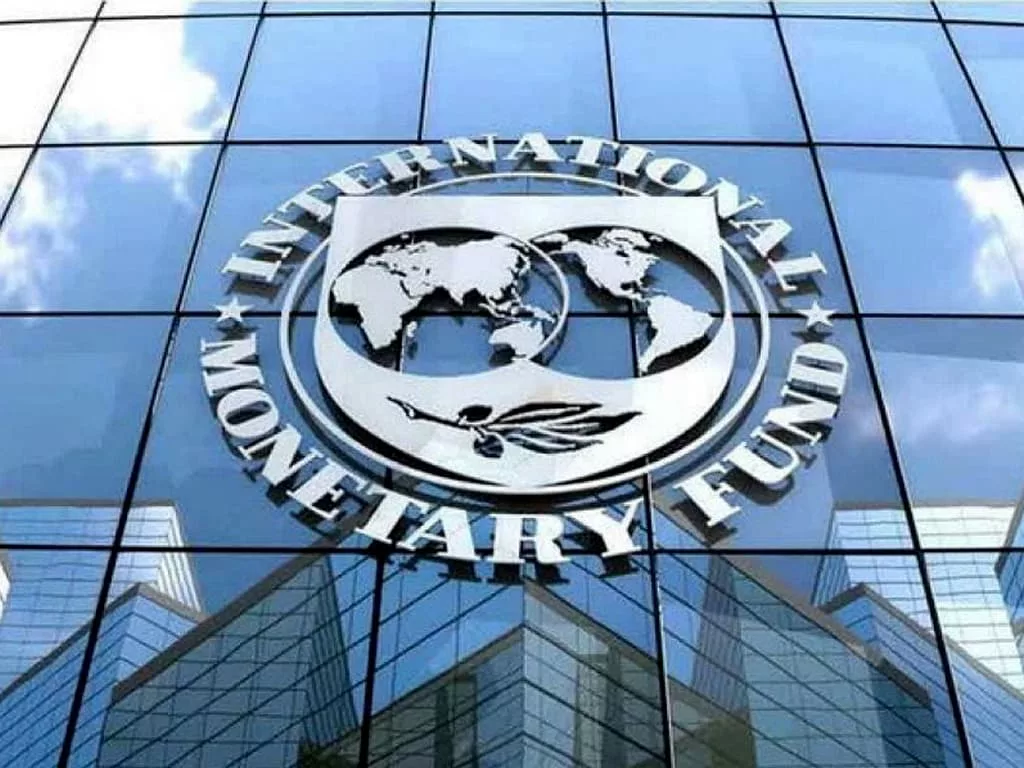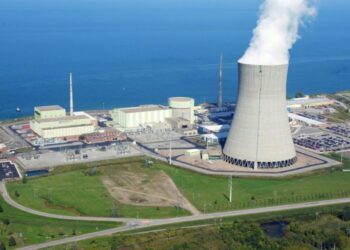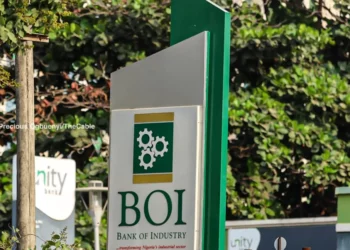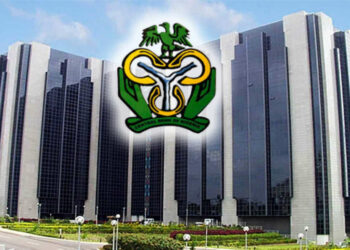The International Monetary Fund (IMF) has issued a cautionary note, stating that implementing price caps on fuel and electricity tariffs below the cost recovery could have significant fiscal implications, potentially amounting to 3 per cent of Nigeria’s Gross Domestic Product (GDP) in 2024.
In their report following a mission to Nigeria, IMF staff commended recent government policy decisions, particularly the increase in the Monetary Policy Rate (MPR) by 400 basis points to 22.75 per cent last month, citing its potential to curb inflation.
The report acknowledged improvements in Nigeria’s revenue collection and oil production but highlighted persistent challenges in revenue mobilization, which weakened the government’s response to certain macro-economic shocks and hindered lasting development.
It stated, “Non-oil revenue collection improved by 0.8 percent of GDP in 2023, helped by naira depreciation. Oil production reached 1.65 million barrels per day in January as a result of enhanced security. However, the capping of fuel pump prices and electricity tariffs below cost recovery could have a fiscal cost of up to 3 percent of GDP in 2024.”
The report also underscored the urgency of addressing food insecurity, estimating that nearly 8 per cent of Nigeria’s population, over 16 million people, are food insecure.
It applauded the government’s efforts to reform the social welfare system and distribute grains, seeds, and fertilizers, as well as its introduction of dry-season farming.
In addition, the report shed light on the ongoing debate surrounding fuel subsidies, noting concerns about implicit subsidies despite the government’s cessation of direct subsidy payments since June 2023.
It highlighted discrepancies between petrol prices and exchange rates, suggesting potential hidden costs.
Furthermore, the report revealed plans by the federal government, through the Nigeria Electricity Regulatory Commission, to allocate approximately 67 trillion Naira to electricity subsidies in 2024, marking a substantial increase from the previous year.
These developments underscore the complex economic landscape Nigeria faces, with pressing challenges in fiscal management, energy policy, and food security.





